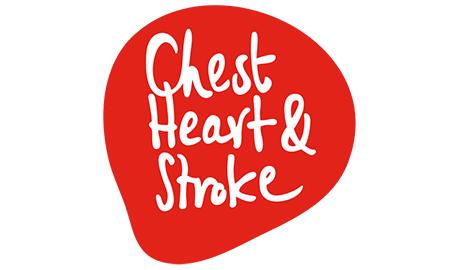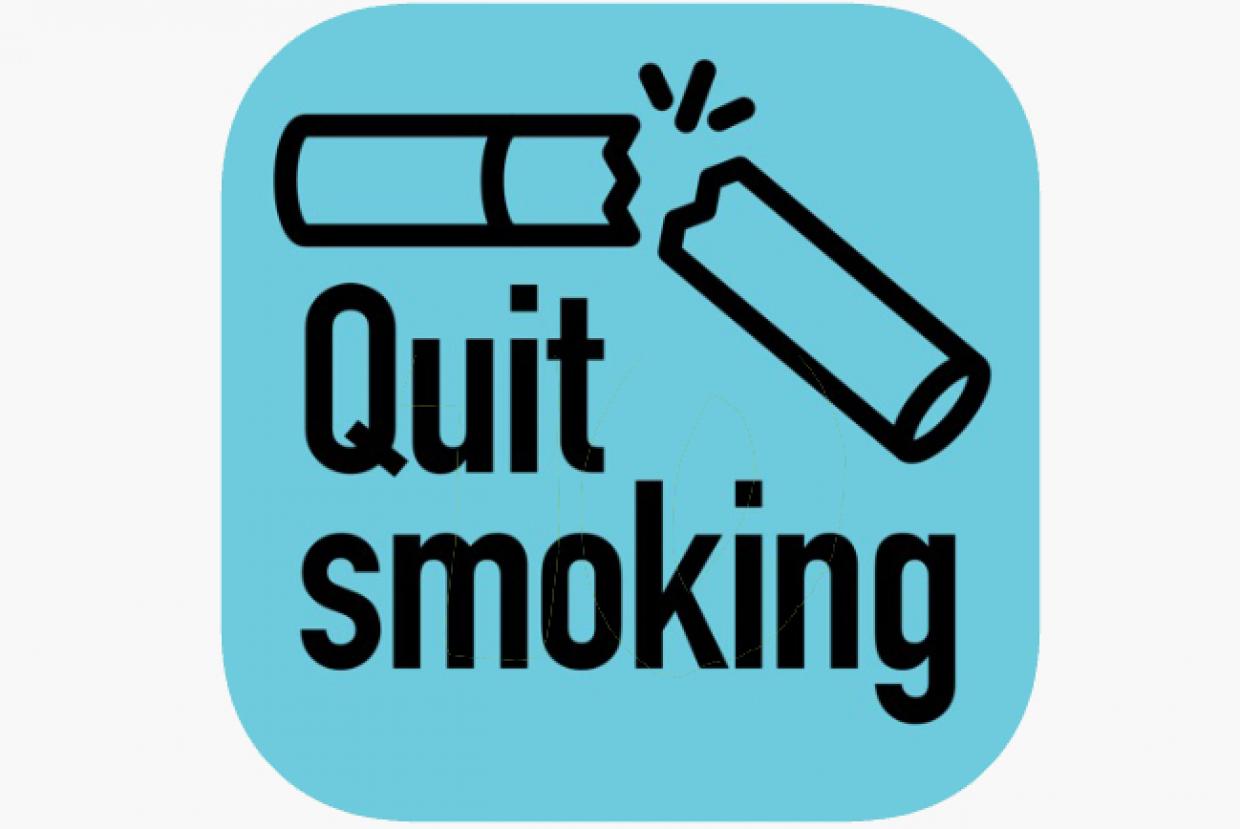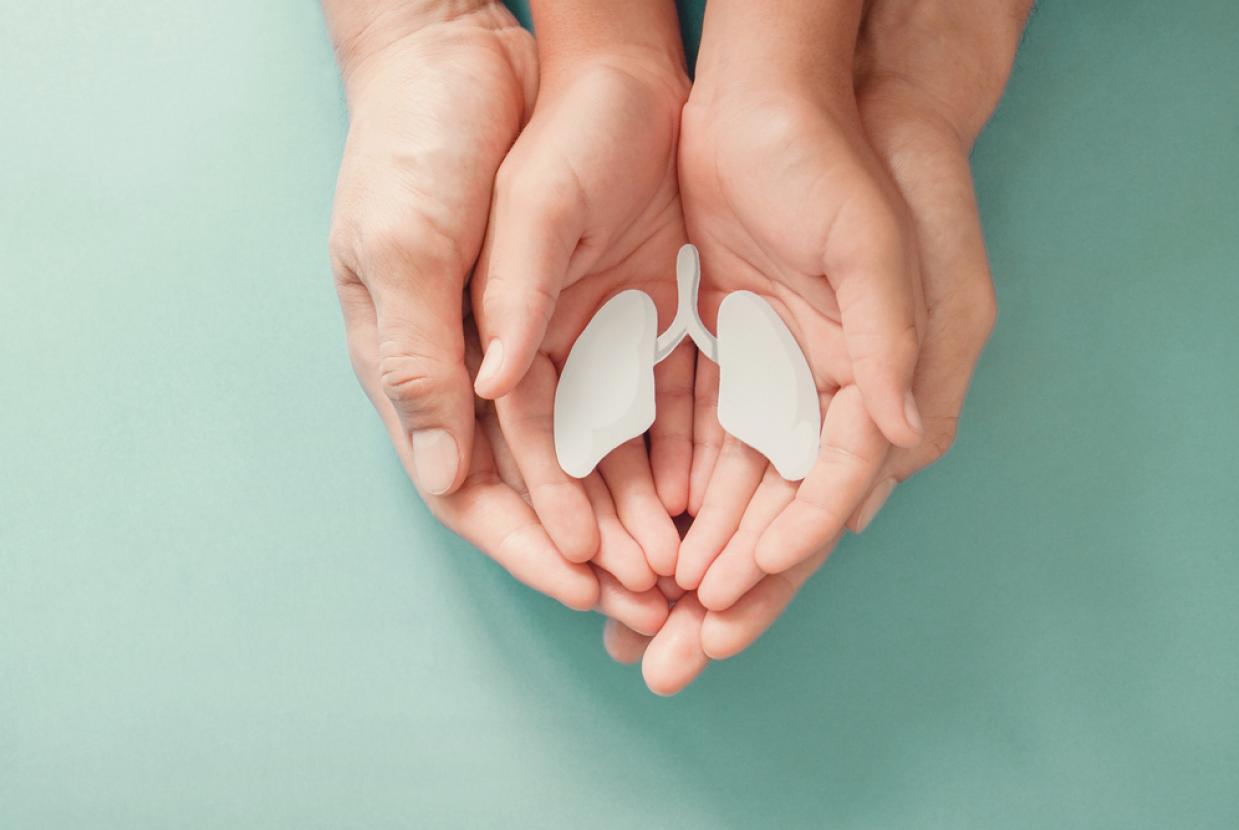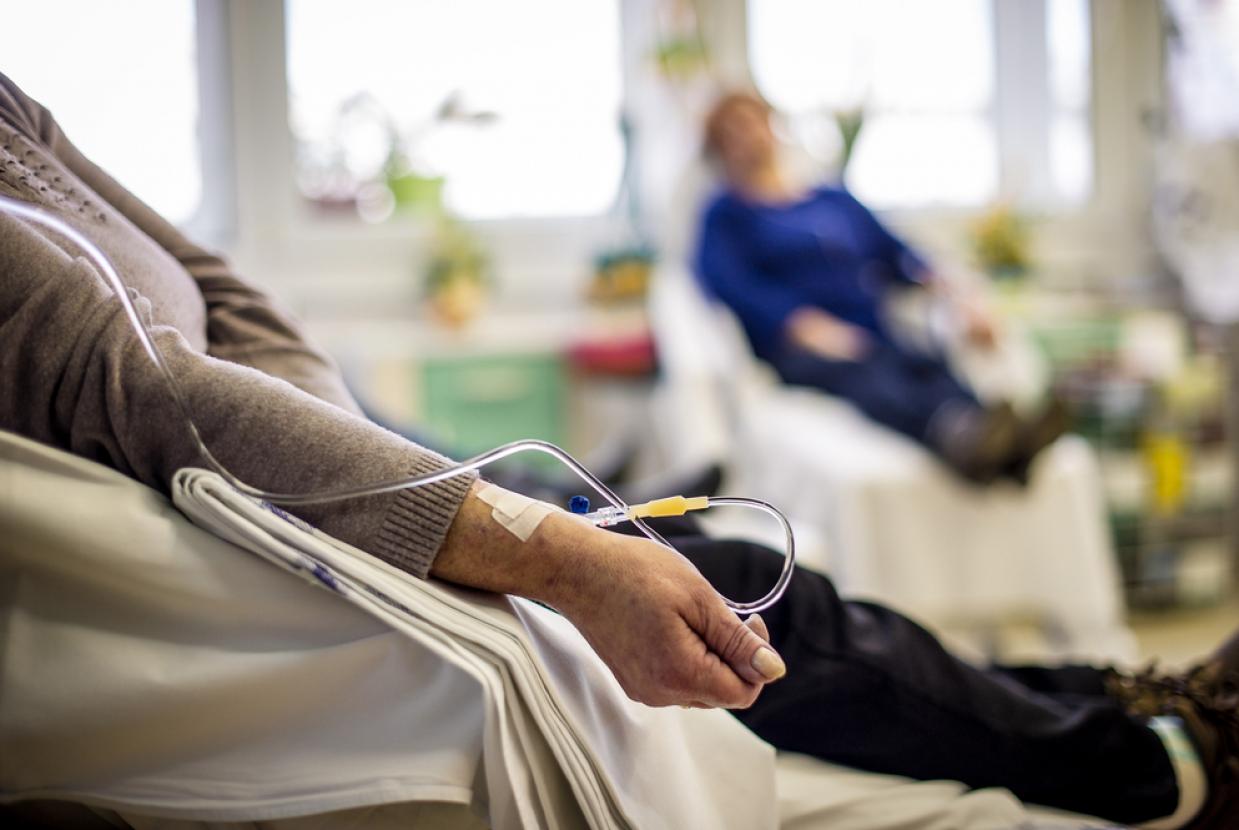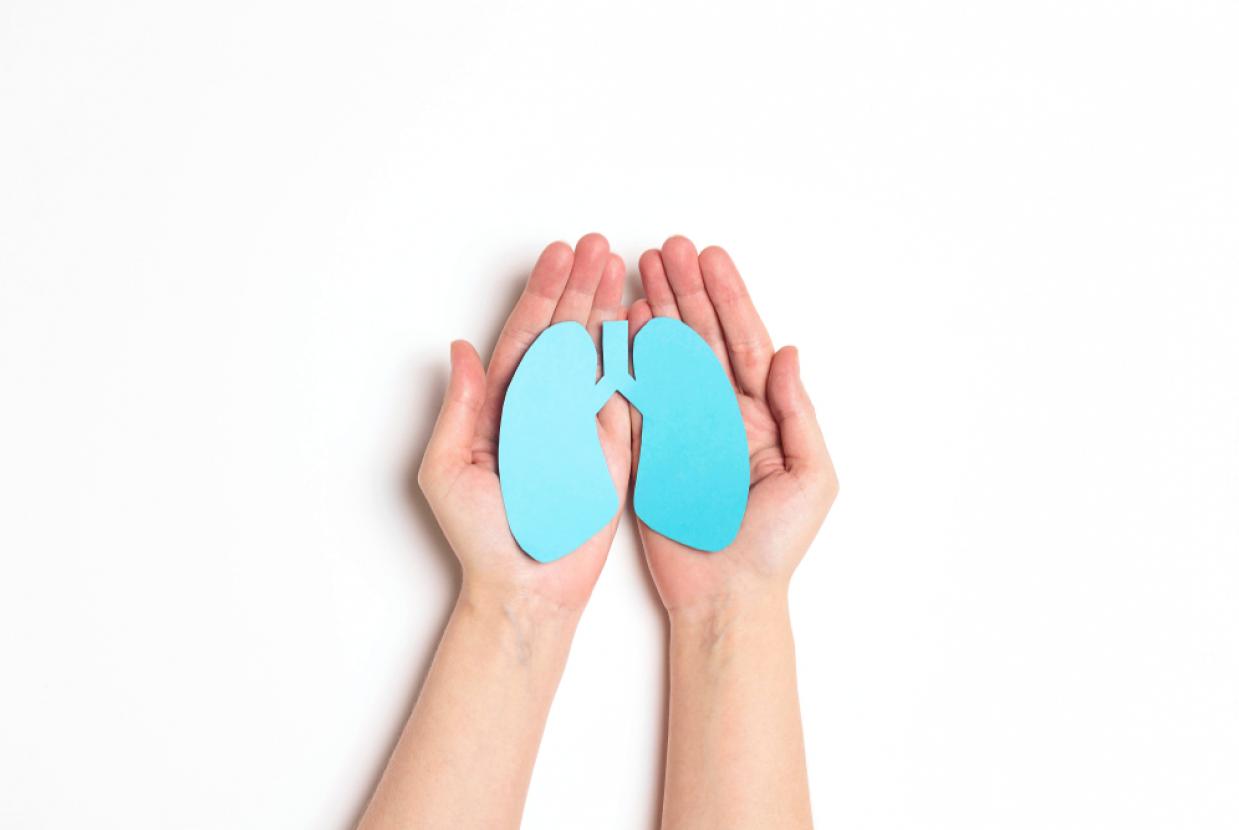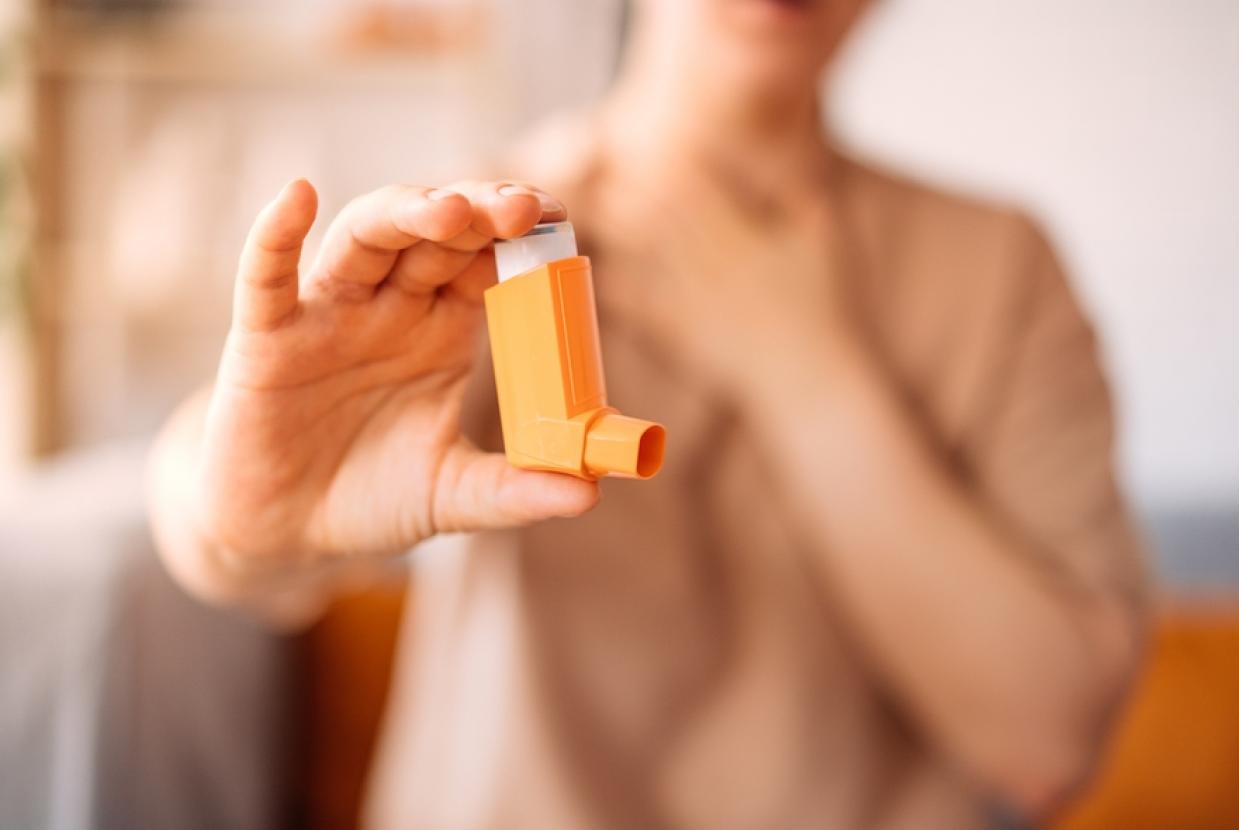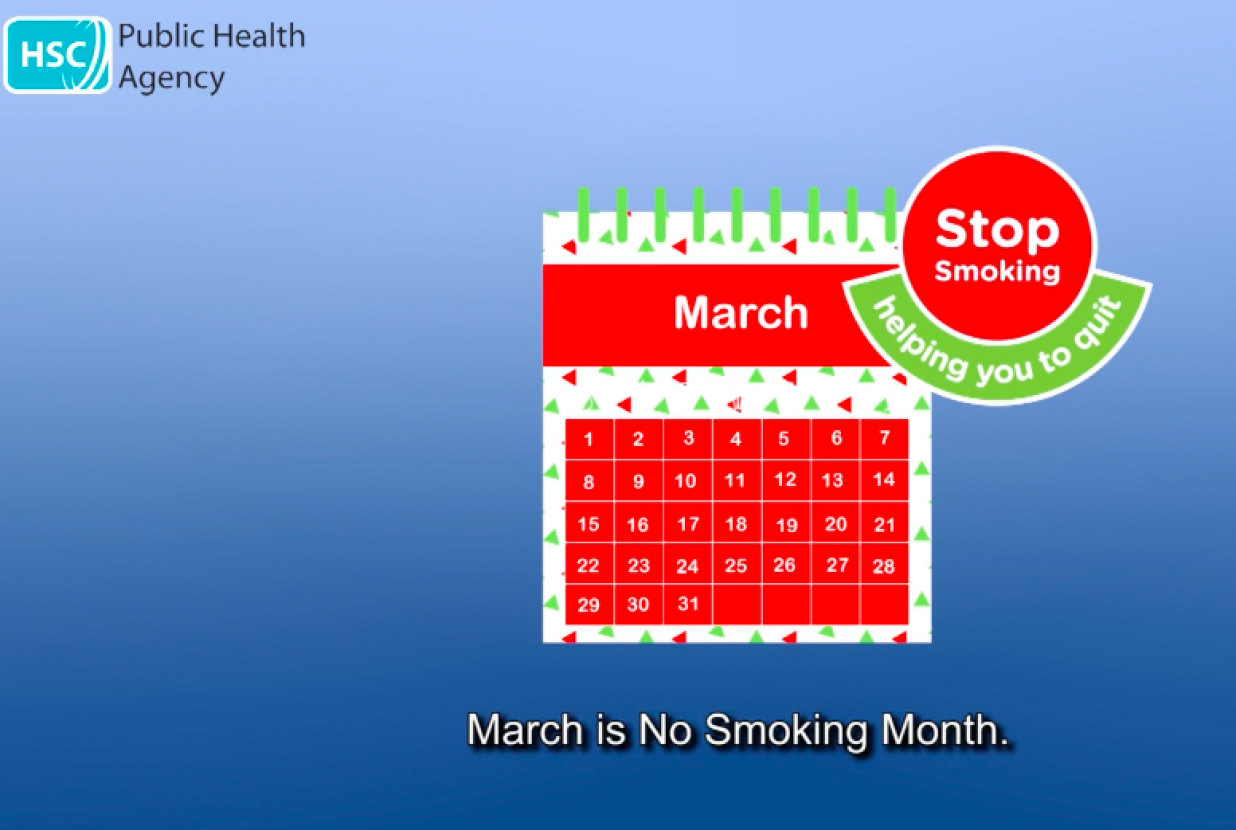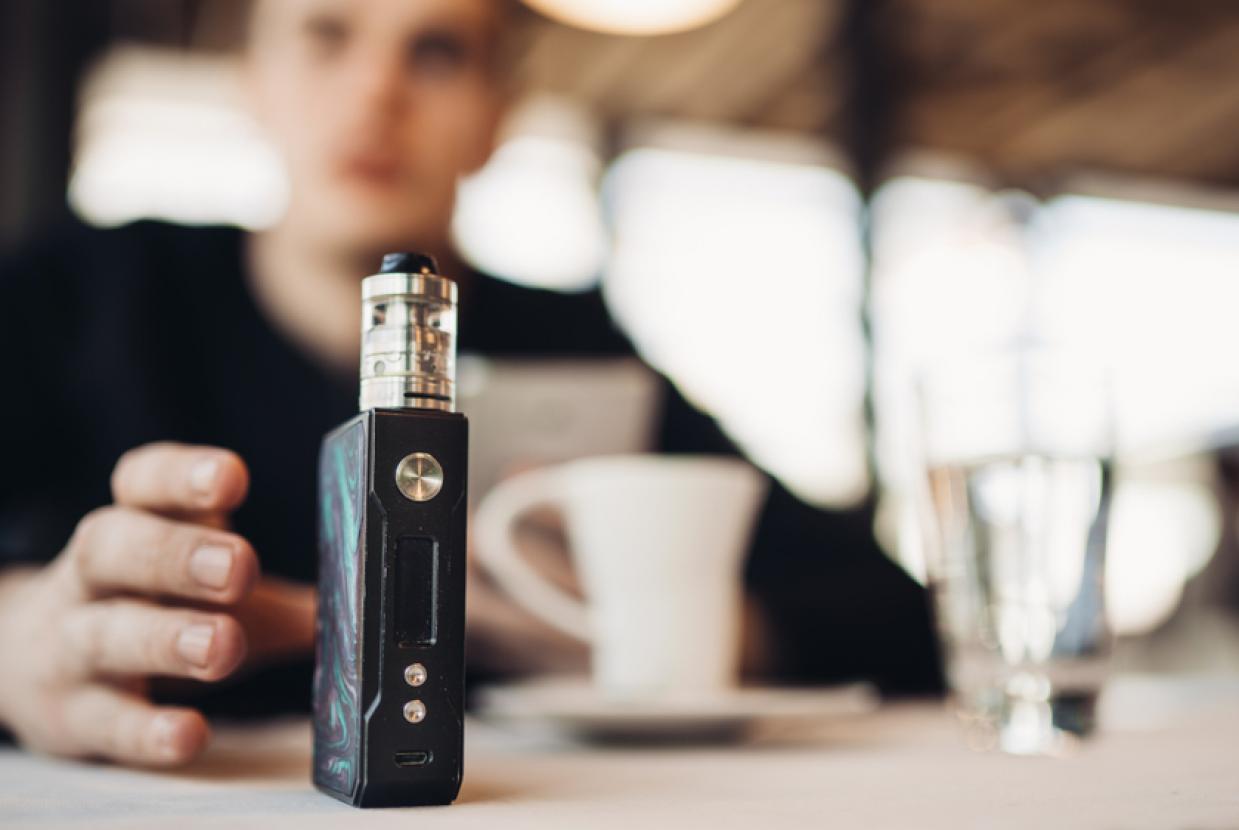Don’t Smoke? Don’t Vape
Quit SmokingMany people may think there is little, or no risk of personal harm associated with regular vaping. The biggest misunderstanding about vapes is that they are harmless compared to cigarettes. This is not true. The long term health implications are unknown - just as they once were with tobacco.
There is emerging evidence and increasing concerns about the risks of vaping particularly with regard to cardiovascular and respiratory illness.
Our research has found that the vast majority of NI consumers (85%) regarded the use of E-cigarettes to be ‘very harmful’ (55%) or ‘somewhat harmful’ (30%) to your heart and blood vessels.
What is Vaping?
Vapes, also known as e-cigarettes, are electronic devices designed to deliver vaporised liquids into your lungs when you breathe in.
This vapourised liquid (aerosol) isn’t water. The e-liquid almost always contains nicotine, flavours and either/or a combination of humectants such as propylene glycol, vegetable glycerine or glycerol. These are used to retain moisture and create the aerosol when heated.
Many flavours and humectants have been approved in the UK for oral ingestion but not for inhalation. Therefore, the health risk is not well known, when consumed in this manner.
Vapes may also contain other harmful chemicals that aren’t listed on the pack. We recommend avoiding the use of vapes other than in a short term attempt to quit smoking.
"It's just bubblegum flavoured air..."
Actually, emerging research has found that the use of vapes carries health and other risks, as outlined below:
- Most vapes contain nicotine and are highly addictive
- Nicotine has long lasting damaging effects on the development of your brain
- Vape aerosol is not water vapour. Vapes can contain some of the same harmful chemicals found in cleaning products, nail polish remover, weed killer and bug spray
- Vapes contain additives, flavourings and chemicals which are toxic to the body
- Vaping increases your risk of cardiovascular disease (heart attack and stroke)
- Vaping increases your risk of lung disease and asthma
- If you vape you are three times more likely to take up cigarette smoking
How common is Vaping?
In Northern Ireland:
- The majority of young people aged 11-16 years old (95%) had heard of e-cigarettes
- 21% of 11-16 year olds have used an e-cigarette at least once.
- Those in the older year groups were more likely to report ever having used, with findings ranging from 6% of those in Year 8 to 44% of those in Year 12.
- A similar proportion of boys and girls indicated they use e-cigarettes now (9%)
- Within this group 6% were classed as regular e-cigarette users (using e e-cigarettes at least once a week.)
- E-cigarette usage is rising in teenagers - Year 12s currently using e-cigarettes increased from 10% in 2016 to 24% in 2022
- The proportion classed as regular e-cigarette users increased from 6% to 17% in the same time period.
UK Data and other studies have also shown:
- 29.6% of people aged 18 years old using some form of e-cigarette/vape
- Over the year 2021-22, the use of disposable vapes has risen from 0.89% to 56.7%
- If you’ve vaped before you are 14 years old, you are 5 times more likely to smoke by the age of 17 years old and you are 3 times more likely to be a frequent smoker by 17 years old
Vaping to Help Quit Smoking
We recognise that existing smokers may use e-cigarettes to try and cut down or quit smoking. However, existing smokers who want to use vapes to assist with stopping smoking should only use vapes as a short-term measure, for no more than twelve weeks and supported by a recognised behavioural change programme currently approved by the Public Health Agency to give up smoking.
Tips to Quit Vaping
There are many benefits to quitting vaping. It can help you feel healthier, fitter and save you money.
- Keep reminding yourself of the reasons why you're quitting to keep you focused.
- Gradually reduce the strength of the nicotine in your e-liquid.
- Speak to your pharmacist or visit your GP to find out about Nicotine Replacement Therapy methods which could help you quit, such as gum or patches.
- Pick a quit date and stick to it. Make sure it's far enough away that you can prepare yourself, but not too far in the future so you don't lose motivation. Make sure to pick a day when you aren't going to be busy or stressed so you give yourself the best start.
- Know your triggers. Are you likely to vape when you're with certain people or in certain situations? Try to avoid them if you can.
- Think about how you will fight cravings and deal with withdrawal symptoms.
- Picture yourself nicotine and vape free! Imagine yourself feeling happier, healthier and freer. Put aside the money you would have spent on vapes and make a plan to treat yourself with those savings so you have a reward to look forward to!
Protecting Children and Young People against Vaping and Smoking
Currently, as with the purchase of conventional cigarettes and alcohol, the legal age to purchase and use a vape is 18 years old and it is illegal for an adult to buy cigarettes or vapes for those under 18 years olds.
We believe the increasing concerns about vaping, especially regarding cardiovascular and respiratory health, are such that we are campaigning to increase the age of sale for vapes/cigarettes to 21.
A recent survey found that 85% of people in NI were in overall agreement with our proposal to increase the purchasing age of E-cigarettes to 21, with some 67% ‘strongly agreeing’ and 18% ‘tending to agree’.


